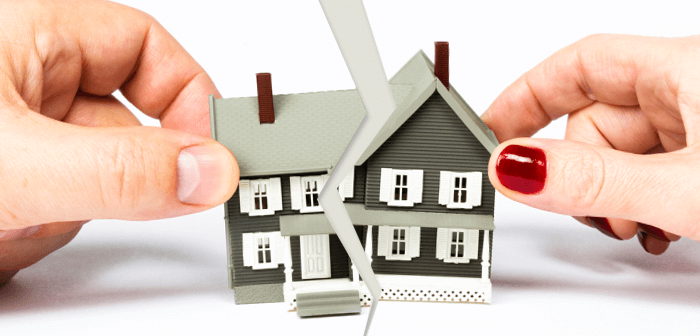
How Does Divorce Affect Your Mortgage?
Getting divorced when you have an outstanding mortgage can be challenging. So, what do you do about it? There are different options depending on your willing to remain in the property and/or your affordability:
Continue to pay your mortgage
Before thinking about your options, keep up with the payment of your mortgage. If you’re both name owners and either one of you fails to pay the mortgage on time, this will damage both of your credit histories. On the long term, you would end up losing the house.
Sell the property
If none of you desires to keep the property, you’ll both have to move out to be able to sell the house and repay the mortgage. Any money left from the selling of the house will be split in halves, as it is considered a marital asset.
Finish paying your existing mortgage
You may decide to finish paying your existing mortgage if you ended the marriage in good terms. This could save you some money and potentially be an investment for the long term. Be aware, you’ll both need to have enough money to continue to pay the mortgage while also paying for your new living costs.
Take over the mortgage
If you desire to keep the property by yourself, you’ll have to follow the next 3 steps. Firstly, you’ll have to pass a credit check from the bank to prove you can afford paying the mortgage by yourself. Secondly, you’ll have to pay your ex out, which may involve getting your house valued to determine your ex’s level of equity in the property. Finally, you’ll have to remortgage the property in your name.
Get a Guarantor Mortgage
A Guarantor Mortgage will enable you to keep the property by yourself when you cannot afford to pay your ex out. You’ll have to find someone (e.g a family member or friend) to be your guarantor. Be aware, your guarantor will be made to meet your repayments if you fall back or fail to pay the mortgage.










